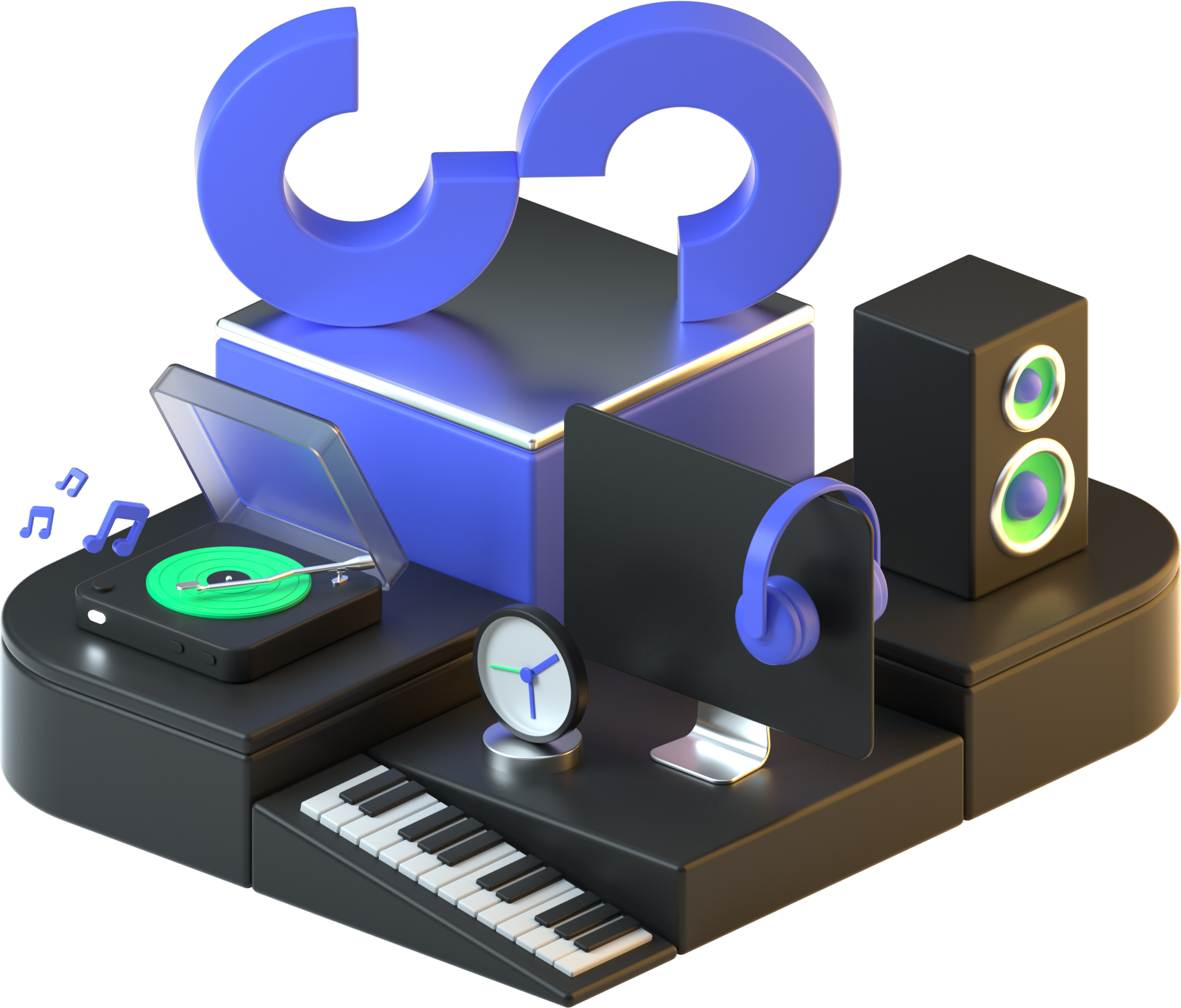So, you finally have some music to release! You’ve spent years perfecting your craft, and now you’re ready to show your music to the world. The next question is… how do you do it?
Releasing music is hard work. Whether you decide to work with a record label, or self release the music yourself, you’ll have to educate yourself on how releasing music works. It can get confusing quickly, so we’ve decided to make this quick guide to help you choose your path.
The obvious answer many artists shoot for first off is to release on a record label. While this may seem logical at first, it’s worthwhile to look into other options, such as self-releasing and releasing music for free. We’ve broken down the pros and cons of each option below!
Record labels:
Releasing on a record label has some significant benefits, but also drawbacks. The marketing potential of releasing on a record label is much higher than if you handle promotion yourself (depending on the label, of course). If you have the opportunity to release with a prestigious label, it’s a unique opportunity to have your music placed front and center in front of a dedicated fanbase.
While this is all positive, it’s important to remember that record labels often take a significant cut for the promotion costs. However, it’s essential to understand that the label is usually responsible for the commercial success of a track, so the cut is warranted.
Just remember, releasing music on a label is NEVER a guarantee that your song will be successful!
Labels can also ask you to change your music to fit their sound a bit more, which can get annoying and interfere with your creative process. By releasing on a third-party label, you have to remember that you’re adapting your music to their narrative, and not the other way around. It’s important not to view this process personally, and to understand that if you’re releasing music on a record label, you’re usually making music for someone else. This means you have to be open to making changes to suit their needs.
Self releases:
Self-releasing has gained more and more popularity in the past few years, as artists have taken on their own marketing. By self releasing, you essentially create your own record label. Self releasing will give you full creative control over your music, artwork, and release schedule. By self releasing, you can express yourself without limitations.
Of course, this means that you’re responsible for setting up a label, including all the necessary paperwork to do things legally in your country. This can get tricky when dealing with contracts, collabs, and royalty splits, so make sure you’re ready to dig in and spend some time learning the back end of label management.
Self releasing also means that you’re 100% responsible for the marketing of your music. If you don’t have an audience and don’t have any ways to market your music, don’t expect a lot of streams and downloads. If you’re an independent artist, you need to take the marketing into your own hands.
It’s hard work, but certainly not impossible, as many artists have successfully taken this particular path. A great way to build up your following before self releasing music officially is to use a free release with a download gate (see below).
The two services we can recommend are TuneCore and Distrokid. Both services can get your music to your favorite download portals, and the process is cheap and easy.
Free releases:
Free releases are a great way to launch an artist project. By using services like download gates, you can trade downloads for interactions on your social media pages. This is a great way to build up your audience initially when you’re starting, and a great way to get your music out to DJs. Of course, you won't get paid from free releases, but the marketing potential is significant, and can help you out a lot in the future.
If you want to learn more about download gates, which ones to use, and how to leverage the most of your free releases, check out our guide to download gates!
Releasing music is hard, but it’s certainly possible if you put in the right amount of work. Make sure to take some time to look into the different options at hand, and make an informed and realistic decision. Make sure to stay positive and motivated and take everything with a grain of salt as you go on your artist journey.



